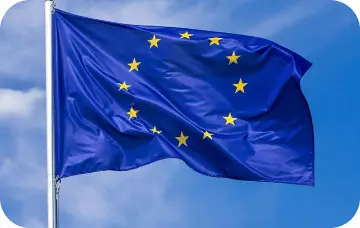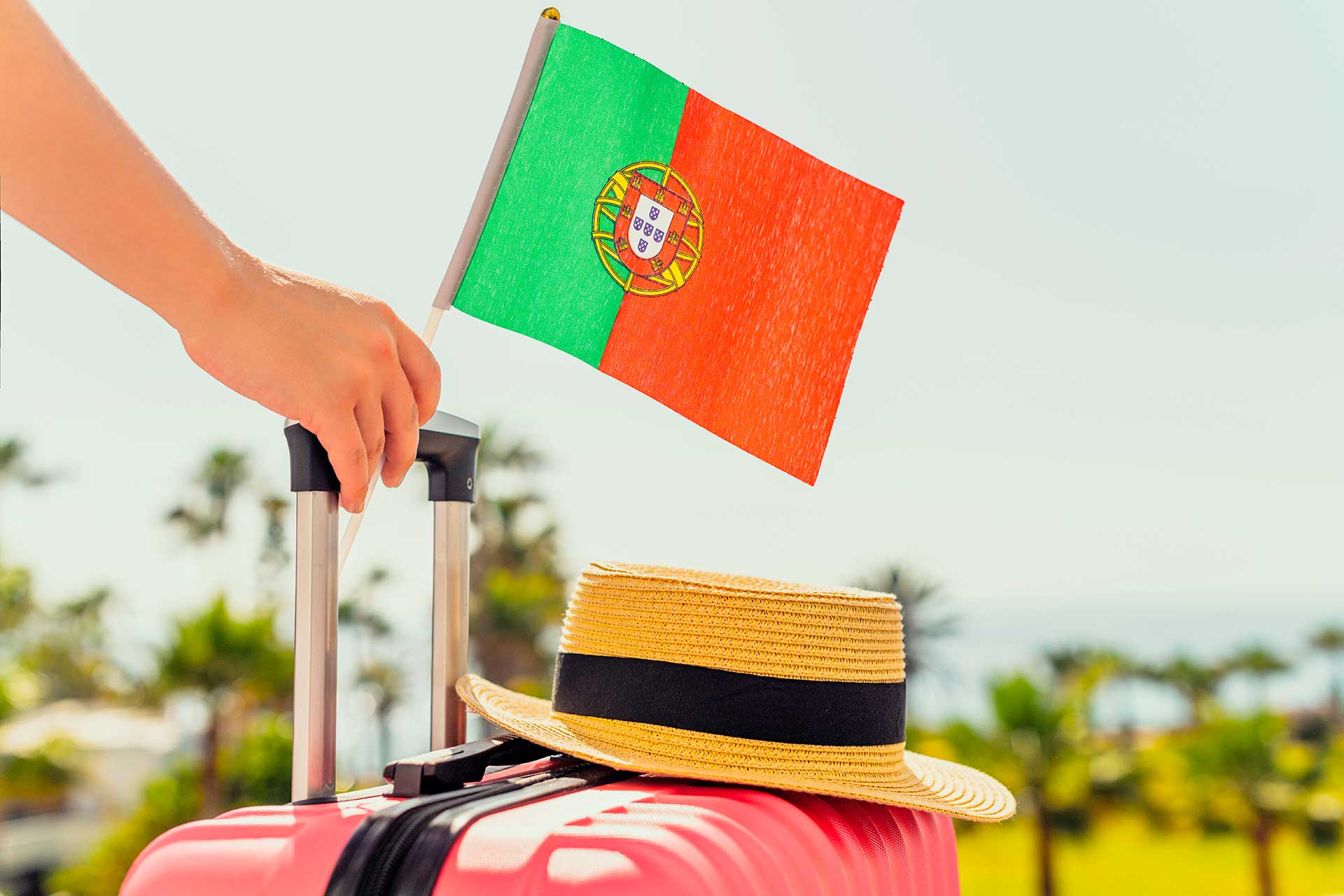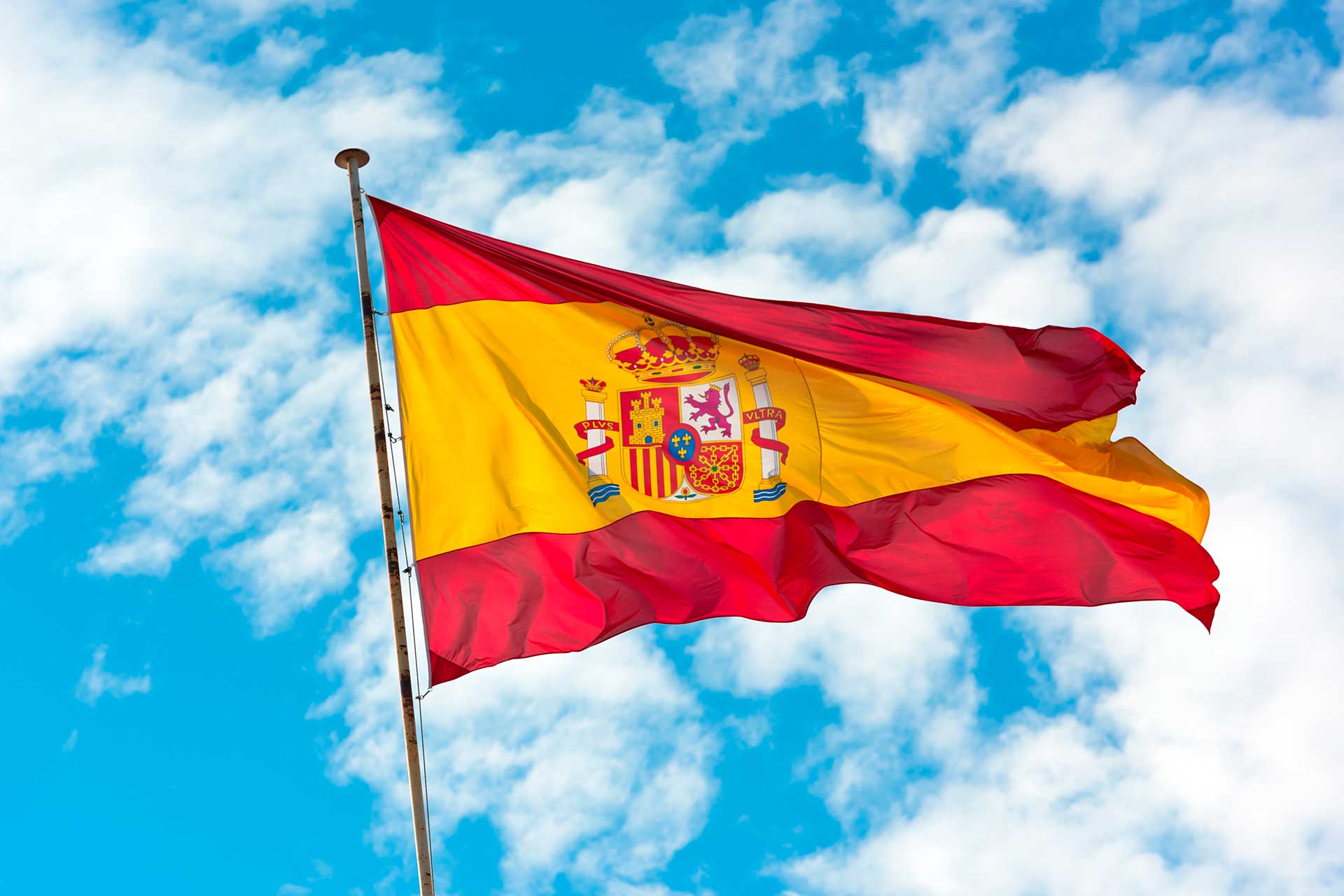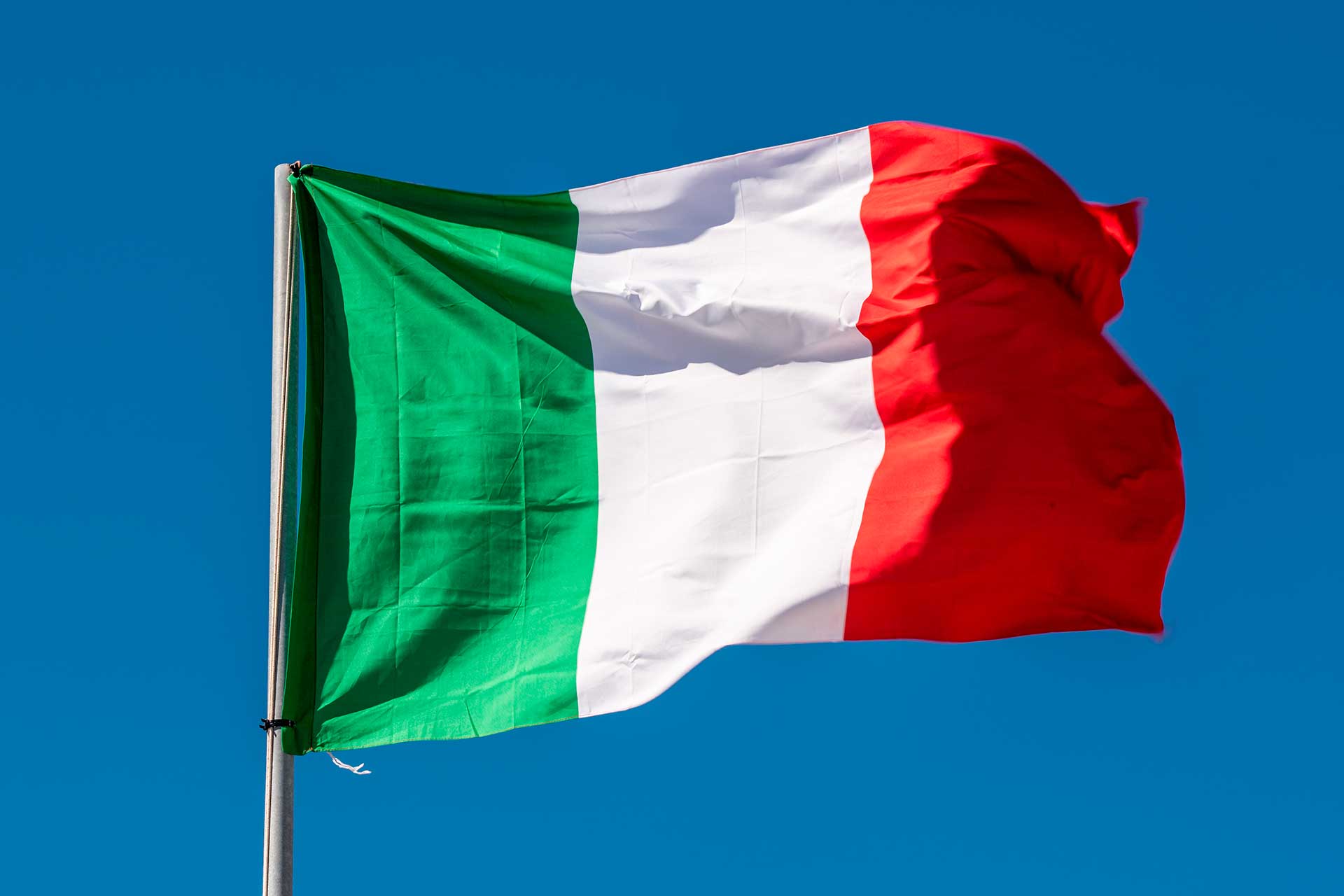December 12, 2024
Obtaining citizenship of any of the European states automatically allows you to become an EU passport holder. This status opens up opportunities for unlimited residence, employment, business, high-quality education on the territory of the entire association. Acquisition of citizenship occurs by birth, descent, naturalization, and some states offer simplified repatriation programs. Requirements for applicants depend on the immigration legislation of a particular country.
On average, the naturalization process lasts 5-10 years, for some categories – 3 years, and the grounds for immigration can be work, investment in the country’s economy, marriage, family reunification and others. Repatriation allows obtaining the status in a shorter period of time on the basis of ethnic or territorial affiliation. The immigration process will be successful if you enlist the support of international law specialists. To learn the details of simplified programs, as well as to get an individual plan for citizenship in the European Union, you can contact Globalcitizenpass specialists at a free consultation.
EU migration laws
The main law regulating the obtaining of the EU passport, as well as establishing obligations and rights arising from the status, is the European Convention of 6.11.1997. According to Article 6, the period of naturalization (acquisition of citizenship of a foreign state on the basis of residence on its territory) cannot exceed 10 years, but in fact this period can be significantly increased due to the workload of migration services and other factors.
To obtain the status, it is necessary to be a resident of the country for a certain period. The terms and cost of citizenship, as well as the list of required documents, are regulated by the migration legislation of a particular state.
Multiple and dual citizenship is allowed in Europe, but this practice is not widespread. Most often this possibility is provided for children acquiring the status by birth and persons marrying a resident of the European Union. It should be taken into account that sometimes a renunciation of the previous citizenship is required when entering a new one. For example, until June 27, 2024, it was not possible to retain one’s primary status when naturalizing in Germany, but now this possibility exists. The Dutch can still lose their citizenship when acquiring a new passport of another country.
It is important to take into account the differences between dual and second European citizenship. The first concept implies bipatrism, when the status of a person with all his/her rights and obligations is equally recognized in both states. In the case of second citizenship, each country considers a person to be only its own citizen. For example, despite the fact that Portugal does not require renunciation of the previous status, upon entering a new one, the immigrant is legally recognized only as a Portuguese citizen even if he or she holds another passport.
The advantages and obligations of EU residents are listed in the Charter of Fundamental Rights (12012P/TXT), Directive 2004/38/EC and the Treaty on the Functioning of the EU. In addition, some factors are regulated by national law. The rights and obligations of an EU citizen apply to various aspects of life, the main ones being the ability to live, work, study and travel freely within the association. If any of the Charter’s provisions are violated, a petition can be filed or an ombudsman can be contacted.
Advantages of an EU passport
A passport of any of the European countries opens wide opportunities for its holder, allows to avoid numerous bureaucratic procedures, such as registration of a work permit or residence permit when moving to another state of the association. Among the main rights and advantages that this document provides are:
- visa-free travel to more than 160 countries around the world (European documents take the leading position in the rating of passport strength in terms of overall mobility score);
- the possibility to live, study, do business and work in any of the EU states;
- full access to the health care system (scheduled and unscheduled treatment, reimbursement of expenses), provided that you have a general insurance card (EHIC, European Health Insurance Card);
- guarantees when purchasing goods and services, including assistance in resolving disputes;
- the possibility to take advantage of the family reunification procedure in case of moving to one of the member states of the association;
- political participation (the right to be elected to state bodies and to vote);
- diplomatic and consular protection when traveling outside the EU.
Repatriation as a way of acquiring EU citizenship
In the context of immigration, repatriation means returning to your country of origin and, accordingly, acquiring citizenship in the EU countries under a simplified scheme. This is one of the fastest and cheapest ways to obtain the status – you can get a European passport, if you manage to meet all the requirements, as well as collect a complete dossier. The main condition for repatriation is to provide proof of ethnic or territorial affiliation to the state. In some cases, as in the case of Poland, it is necessary to prove a connection to the country and language skills through an interview.
The content of the dossier differs depending on the specific legislation. In addition to identity documents, civil status certificates of the applicant, as well as those of his/her relatives of relevant origin, will be needed. Each case is reviewed individually by the commission, so additional information may be needed. The key advantages of this program are the ability to obtain a European passport faster than with naturalization, while retaining the previous citizenship. In some cases, you do not even need to learn the language.
With the help of Globalcitizenpass lawyers, you will be able to collect a complete dossier, so you will not have to waste time searching for missing documents. You can find out all the details about the best immigration options during a consultation with specialists. Below we will consider the most popular repatriation programs, operating in Romania, Slovenia and Bulgaria.
Romania
Obtaining a European passport in Romania is regulated by the Law on Citizenship. The descendants (up to the third generation) of those who were born or resided in the territory of the country can benefit from the repatriation program. The simplified procedure allows cheaply restoring the citizenship of the European Union without meeting the residency requirement (the established period of stay on the territory of the country to obtain citizenship). Also, repatriation is an opportunity to avoid the need to obtain a residence permit and other stages of naturalization.
It should be taken into account that the program is applied not on the basis of nationality, but on the basis of territory. So, in the period of 1918-1940 the country covered a part of modern Ukraine and Moldova, so for repatriation it is not necessary to have ethnicity to Romania, it is enough to prove the presence of ancestors who lived in this territory.
Immigration request is submitted personally to the consulate or to the Citizenship Agency with payment of a fee (about 18 EUR) and submission of documents legalized and translated into Romanian. In addition to the application, the dossier includes identity cards, civil status certificates, proof of absence of criminal record. Children aged 14 years and older, in the presence of their parents, must submit a notarized and signed consent to acquire citizenship. No later than one year after the decision to grant the status, the applicant takes an oath of allegiance to Romania.
Slovenia
Obtaining a Slovenian passport automatically makes you an EU citizen, but participation in the repatriation program requires residence in the country for at least one year prior to your request. It is also necessary to document that you or your ancestors up to the fourth generation in a direct line were Slovenian.
Taking into account the residency requirement and the time required to process the application, it takes an average of 4-12 months to obtain EU citizenship by this method. A fee of 185.7 EUR must be paid at the time of application. It is also worth considering the cost of a D-type visa (depends on the country) and residence permit (115 EUR), under which you will reside in the country until you apply for European citizenship.
Bulgaria
Having Bulgarian origin, one can quickly acquire EU citizenship, unlike naturalization, which takes at least 5 years. For this purpose, it is necessary to document the existence of at least one relative up to the third degree with ethnicity in the country. The application for the intention to restore citizenship is submitted in person to the Bulgarian Ministry of Justice with the payment of a fee (about 15 EUR). The dossier must include identity card, certificates of criminal record and health status, civil status certificates of relatives, proof of origin.
In order to obtain approval for repatriation, a short interview with a representative of the Ministry of Justice is required. To successfully complete the citizenship process, it is worth entrusting its support to Globalcitizenpass international law lawyers, who will help with everything – from searching for data in archives to the execution of internal documents. Participation of specialists in obtaining an EU passport allows you to become a holder of the document in the shortest possible time, in particular, Bulgarian citizenship can be acquired in 4-12 months.

Naturalization in the EU countries
One of the main conditions for obtaining citizenship of an EU country through naturalization is legal residence on its territory for a certain period of time. Each state sets the residency limit independently, on average it is 5-8 years, unless simplified conditions are provided. In some cases, it is necessary to renounce the previous status, if it is provided for by the legislation. Among the key grounds for naturalization and the conditions to be met are the following:
- Employment.
To obtain a residence permit, you will need to sign an employment contract with an EU employer, where the salary is not lower than the minimum wage in the country. The contract must be valid for one year or more – the residence permit is granted for the same period. Extension of the residence permit is available if the employment contract is also extended. - Family reunification.
EU permanent residents can move to the country of immigration together with their spouse, minor children or other dependent relatives (in some cases). Among the requirements for the receiving party are proof of sufficient income to support themselves and their relatives, availability of suitable accommodation and a current residence permit. The residence permit is issued for a period of one year or more, but no longer than the sponsor’s residency period. - Doing business, freelance activities.
Foreigners who have opened a company in one of the EU countries or registered as self-employed persons can obtain a temporary residence permit for a period of one year or more. In addition to a business plan (for business activities), it is necessary to provide sufficient funds for its realization and their own security. The residency is subject to renewal if the conditions for its issuance remain in force. - Education.
In order to obtain a visa and residence permit, a student must have a certificate of enrollment in an accredited European university. It is also necessary to have a health insurance policy, financial means to cover expenses for the entire period of study or proof of sponsorship. The document is issued for a period of one year with the possibility of extension. It should be taken into account that studying is not a direct way to acquire permanent residence – after obtaining a diploma, in order to stay in the country, it is necessary to obtain a new residence permit on another basis, for example, through employment or opening a company. - EU Blue Card.
Highly qualified foreigners can apply for an EU Blue Card valid for up to 4 years. The permit requires a work contract and proof of professional experience and/or relevant education. The minimum salary stipulated in the work contract must be at least 1.5 times the national average. - Investment.
Carrying out investment activities in an EU state allows you to obtain a residence permit for a period of one year or more. Some countries issue a temporary residence permit when purchasing real estate. The amount of investment for legalization of the status is set by each state independently. Some countries also require the creation of a certain number of jobs when opening commercial companies (5 for Portugal for investments from 500 000 EUR). - Financial independence.
If you have a stable source of income, it is possible to obtain a residence permit in a European country without the right to work. This method of immigration is in demand among digital nomads working online in foreign companies, it is also suitable for those who receive pensions and other types of passive income. The residence permit is issued for a period of one year or more with the right to renew.
Simplified naturalization in the EU
Certain categories of persons may be eligible for special naturalization conditions that allow them to obtain European citizenship more easily and quickly or to avoid certain requirements, such as the need to pass a language test. An EU citizenship passport under simplified naturalization is available in such cases:
- marriage to a citizen or permanent resident of the European Union (for example, a Polish document can be obtained after 2 years if the union lasts for 3 years or more);
- investing in state assets or real estate (for example, in Romania a residence permit is issued for investments from 1 000 000 EUR and the residency requirement for naturalization is halved);
- French Tech Visa – gives an automatic right to an exclusive residence permit, which does not allow to obtain French citizenship faster, but gives the right to stay for 4 years without the other stages of immigration.
Through a simplified naturalization procedure, a passport can be obtained quickly, especially if one uses qualified legal assistance in obtaining the document. A significant advantage in such cases is the possibility to retain the previous citizenship. In particular, having issued a Pole card in 2025, it is much easier to acquire a Polish passport after one year of residence in the country, provided that you have a language proficiency of B1 or higher.
In addition to your passport, criminal record certificate and health insurance, you will need to provide documents proving the grounds for immigration in order to obtain the status. Depending on the situation, you may need a marriage contract, birth certificate or education diploma. It should be taken into account that it is not possible to buy an EU passport through investments (“EU golden passport”) or for real estate – in any case it is necessary to obtain a residence permit first.
Citizenship by birth in the EU countries
If one of the parents is a holder of a European passport, the child automatically acquires the relevant status at birth, namely “by right of blood”. The same principle applies to children adopted by EU permanent residents or found on the territory of the country without established guardians. To apply for a passport, the child will need a birth certificate, documents confirming the citizenship or residence status (residence permit/permanent residence status) of the parents.
Less common in the European Union is the “right of soil” – the acquisition of citizenship of the country by a child born on its territory regardless of the status of his parents. Sometimes children of residents with a residence permit or a permanent residence permit who have lived in the state for at least a year can also claim citizenship status. Such practice is common in Portugal, Germany, Greece, Spain.
EU Passport Requirements for UK Citizens After Brexit
Since the UK officially left the European Union, more than 1.3 million Britons have applied for citizenship or residency in EU countries, according to reports from Eurostat and national migration offices. As a result of Brexit, UK citizens are no longer EU citizens and have lost the automatic right to live, work, or study across the European Union. However, many Britons still wish to regain these rights — and the most effective way to do so is by obtaining EU citizenship.
How to Get an EU Passport After Brexit
If you are British and want to live freely within the EU, getting an EU passport is the best solution. To obtain an EU passport as a Briton, you must first acquire citizenship of an EU member state through naturalization, descent, marriage, or investment. Each country has its own process, but all lead to full EU citizenship — along with visa-free access to the Schengen Area, the right to settle in 27 countries, and work without restrictions.
Getting EU Citizenship After Brexit – Main Routes:
- By Ancestry. The easiest EU passport to get for UK citizens is often through ancestry. Many countries allow you to claim citizenship if you have parents, grandparents, or even great-grandparents born there.
- By Naturalization. Living legally in a europian country for 5–10 years can also lead to citizenship. This often requires proof of integration, language skills, and clean criminal records.
- By Marriage. If you’re married to an EU citizen, you may be eligible for a simplified or shorter path to citizenship.
- By Investment. Some countries offer fast-track programs where you can obtain EU citizenship through economic contributions.
Easiest EU Passport to Get for UK Citizens
For UK citizens with European roots, some of the easiest EU passports to get are offered through repatriation programs. Countries like Romania, Bulgaria, and Slovenia allow applicants to claim citizenship based on ancestry — often without the need to reside in the country or pass a language test. If your parents, grandparents, or even great-grandparents were born in these countries, you could be eligible. Compared to the usual long and complex naturalization process, these routes are faster, simpler, and far less stressful. Want to find out if you qualify? Book a free consultation and get personalized advice.
Step-by-step guide for obtaining citizenship in the EU countries
- Issuance of a long-term visa.
The document is issued, as a rule, for 90 days at the consulate of the country at the place of current residence. In some cases, the request can be submitted online by paying an administrative fee. To obtain a visa, it is necessary to confirm the basis for immigration by providing, for example, an employment contract, information about enrollment in a higher education institution, marriage certificate. The dossier should include an application, passport, medical policy, certificate of no criminal record. It is also necessary to confirm the availability of sufficient funds for self-support. The request is considered on average within 15-30 days. - Obtaining a residence permit.
After moving to the country on the basis of a D visa, it is necessary to obtain a temporary residence permit with payment of the appropriate fee. The permit is valid from one year, but the terms may vary depending on the basis and legislation of a particular state. - Registration of permanent residence.
Long-term residency on average is formalized after 5 years of continuous residence on the territory of the country, provided that there is a basis, stable income, health insurance policy, suitable housing, no criminal record. Sometimes the law requires passing a language exam and proving integration into society by demonstrating knowledge of the history, traditions and Constitution of a particular state. The application is considered no longer than 6 months, and the residence permit is valid indefinitely, it is only necessary to renew the card every 5 years. - Obtaining citizenship.
After legal residence on the territory of the EU for an average of 5 years one can apply for citizenship of a European country through naturalization. The main conditions are the availability of a valid residence permit, knowledge of the state language, proof of financial security and housing. Among the documents you will need a passport, birth certificate, receipt of payment of the fee, certificate of criminal record, proof of legal residence in the country. After the application is approved, it is necessary to swear an oath of allegiance to the state, if it is provided by law, and receive a document of EU citizenship, on the basis of which it is necessary to issue an EU passport.
Migration legislation changes and becomes more complicated every year, so it is not always possible to understand the nuances of the legalization process in a particular country without the help of specialists. Applying to Globalcitizenpass lawyers will allow you to get an individual immigration plan and professional support at each stage of its implementation. Also, specialists can offer an alternative option of citizenship registration within up to a year – you can learn more about it during a free consultation.
Documents for obtaining EU citizenship
The list of required documents for obtaining European citizenship will depend on the basis, as well as the requirements of a particular country. Let us consider the standard contents of the dossier on the example of Romania:
- receipt for payment of the administrative fee;
- application for citizenship, consent to data processing;
- passport or other identity document;
- current residence permit (in case of naturalization);
- certificate of absence of criminal record;
- civil status certificates (birth, marriage, change of surname or name).
Depending on the grounds, it is necessary to confirm the existence of sufficient income to support yourself and your family, provide proof of residence. The documents must be translated into the official language of the country where citizenship is acquired and legalized or apostilled. As a rule, both originals and copies are required.
In most cases, the data of children under the age of 18 may be included in the request for the acquisition of EU citizenship. In such a case, the child’s birth certificate and the consent of the other parent must be provided if the application is made by only one of them. Notarized written consent to acquire the new status will be required from children over the age of 14.
The completeness of the dossier affects the speed of approval of the request, because if the authorized body needs additional documents, the process may be delayed. In order to speed up the preparation of the dossier, taking into account all the nuances of the legislation, it is worth seeking the assistance of lawyers. Experienced Globalcitizenpass specialists will help you find the right and fastest way to the desired EU citizenship, as well as accompany you at all stages of immigration.
Passport of the European Union citizen
The identity card of a European citizen has a unified sample in the form of a passport with a burgundy-colored cover, printed words “European Union” and the name of the country that issued the document. According to the legislation, one of the pages necessarily contains a chip with biometric data of the owner (fingerprints, photo).
The EU passport is used as an identity card and is also used for traveling abroad. Holders of the document can travel visa-free to more than 160 countries all over the world, including states where it is difficult to obtain an entry permit – among them:
| Armenia | Haiti | Territories of Palestine | Turkey | Venezuela | Mozambique |
| Austria | Honduras | Panama | Ukraine | Zambia | Namibia |
| Bahamas | Hong Kong | Paraguay | UAE | Australia | Nepal |
| Barbados | Hungary | Peru | United Kingdom | Azerbaijan | Nigeria |
| Belarus | Iceland | Philippines | Uruguay | Bahrain | Oman |
| Belgium | Ireland | Poland | Uzbekistan | Bangladesh | Pakistan |
| Belize | Israel | Portugal | Vanuatu | Bolivia | Papua New Guinea |
| Bosnia and Herzegovina | Italy | Rwanda | Vatican City | Burkina Faso | Qatar |
| Botswana | Japan | St. Kitts and Nevis | Venezuela | Burundi | Russia |
| Brazil | Kazakhstan | St. Lucia | Zambia | Cambodia | Saudi Arabia |
| Brunei | Kiribati | Samoa | Australia | Comoros | Sierra Leone |
| Bulgaria | Kosovo | San Marino | Azerbaijan | DR Congo | Somalia |
| Cape Verde | Kyrgyzstan | Sao Tome and Principe | Bahrain | Cuba | South Sudan |
| Chile | Latvia | Senegal | Bangladesh | Djibouti | Sri Lanka |
| Colombia | Liechtenstein | Serbia | Bolivia | Egypt | Togo |
| Costa Rica | Lithuania | Singapore | Burkina Faso | Equatorial Guinea | Uganda |
| Croatia | Luxembourg | Slovakia | Burundi | Ethiopia | Vietnam |
| Cyprus | Macao | Slovenia | Cambodia | Gabon | Zimbabwe |
| Czech Republic | Malaysia | Solomon Islands | Comoros | Guinea | Canada |
| Denmark | Malta | Republic of Korea | DR Congo | Guinea-Bissau | Côte d’Ivoire |
| Dominica | Marshall Islands | Spain | Cuba | India | Kenya |
| Dominican Republic | Mauritius | St. Vincent and the Grenadines | Djibouti | Indonesia | New Zealand |
| Ecuador | Mexico | Suriname | Egypt | Iran | Seychelles |
| El Salvador | Micronesia | Sweden | Equatorial Guinea | Iraq | |
| Estonia | Moldova | Switzerland | Ethiopia | Jamaica | |
| Fiji | Monaco | Taiwan | Gabon | Jordan | |
| Finland | Mongolia | Tajikistan | Turkey | Kuwait | |
| France | Montenegro | Tanzania | Ukraine | Laos | |
| Gambia | Morocco | Thailand | UAE | Lebanon | |
| Georgia | Netherlands | East Timor | United Kingdom | Lesotho | |
| Germany | Nicaragua | Tonga | Uruguay | Madagascar | |
| Greece | Northern Macedonia | Trinidad and Tobago | Uzbekistan | Malawi | |
| Grenada | Norway | Tunisia | Vanuatu | Maldives | |
| Guatemala | Palau | Tuvalu | Vatican City | Mauritania |
EU passport holders also enjoy visa-free travel to the United States in most cases. Countries that have not yet joined the Visa Waiver Program (VWP) will do so in 2025, which will open up the possibility for all EU citizens to travel freely to the United States.
Help in obtaining EU citizenship and reviews of the immigrants
Obtaining European citizenship opens up a wide range of opportunities for you, from employment without a work permit to visa-free travel. Feedback from immigrants indicates that the process of legalizing the status can take a very long time, and this entails serious financial costs – for the production of documents, registration and renewal of permits, residence. Without professional knowledge, it is easy to miss opportunities for simplified obtaining an EU passport, and failure to meet the deadlines for submitting documents can lead to delays in legalization of status.
The assistance of Globalcitizenpass specialists can simplify the citizenship process. Lawyers select the optimal immigration program depending on specific conditions, so that you can get the long-awaited passport in the shortest possible time. Comprehensive legal support in the immigration process helps you find the fastest path to citizenship. You can learn all the details of the procedure at a free consultation.

 English
English  العربية
العربية  Русский
Русский 


